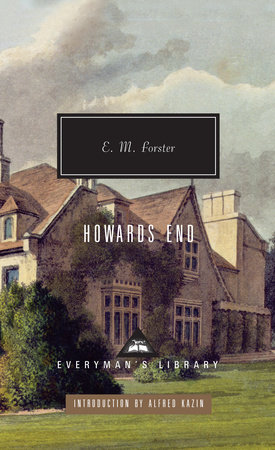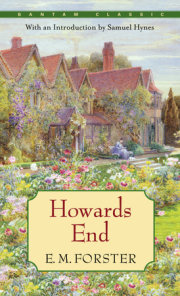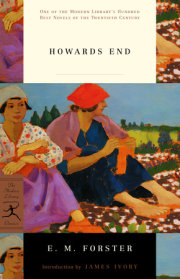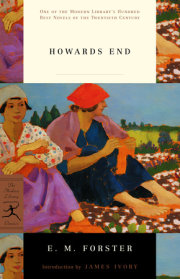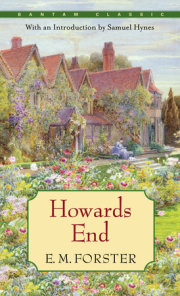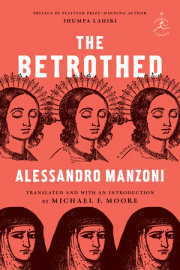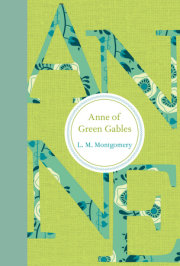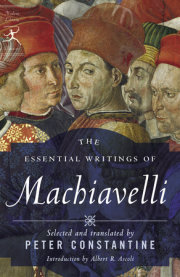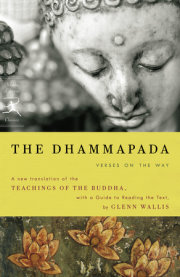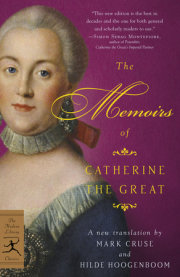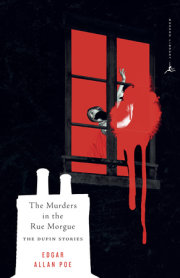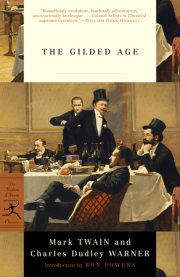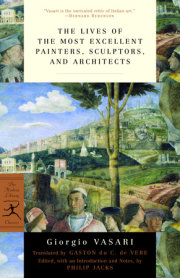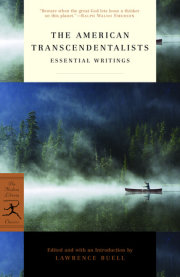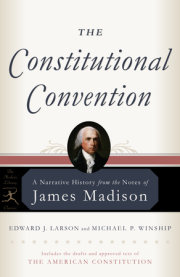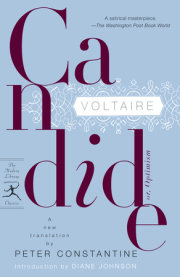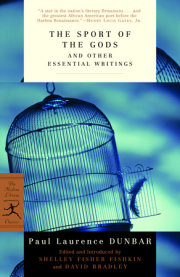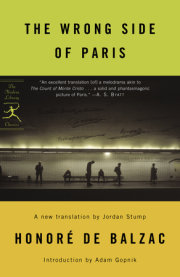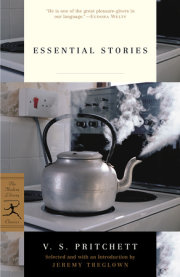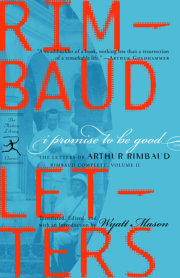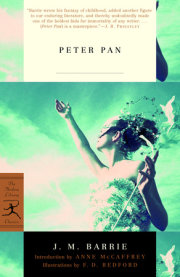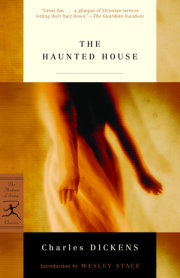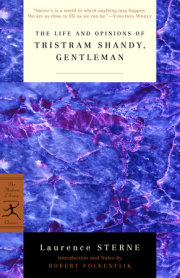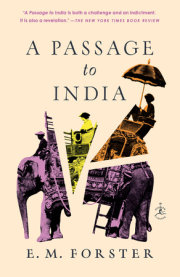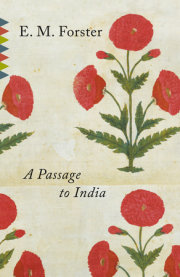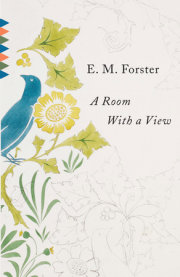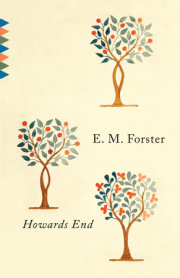E. M. Forster (1879–1970) was born Edward Morgan Forster in London. He attended Tonbridge School as a day boy and went on to King's College, Cambridge, in 1897. With King's he had a lifelong connection and was elected to an Honorary Fellowship in 1946. Forster wrote six novels, four of which appeared before World War I:
Where Angels Fear to Tread (1905),
The Longest Journey (1907),
A Room with a View (1908), and
Howard's End (1910).
An interval of fourteen years elapsed before he published
A Passage to India. It won both the Prix Femina Vie Heureuse and the James Tait Black Memorial Prize. Finished in 1914, his novel on homosexual themes,
Maurice, was published in posthumously in 1971.
He also published two volumes of short stories; two collections of essays; a critical work,
Aspects of the Novel;
The Hill of Devi, a fascinating record of two visits Forster made to the Indian state of Dewas Senior; two biographies; two books about Alexandria (where he worked for the Red Cross during World War I); and, with Eric Crozier, the libretto for Benjamin Britten's opera
Billy Budd. The
Times called him "one of the most esteemed English novelists of his time."
View titles by E. M. Forster

